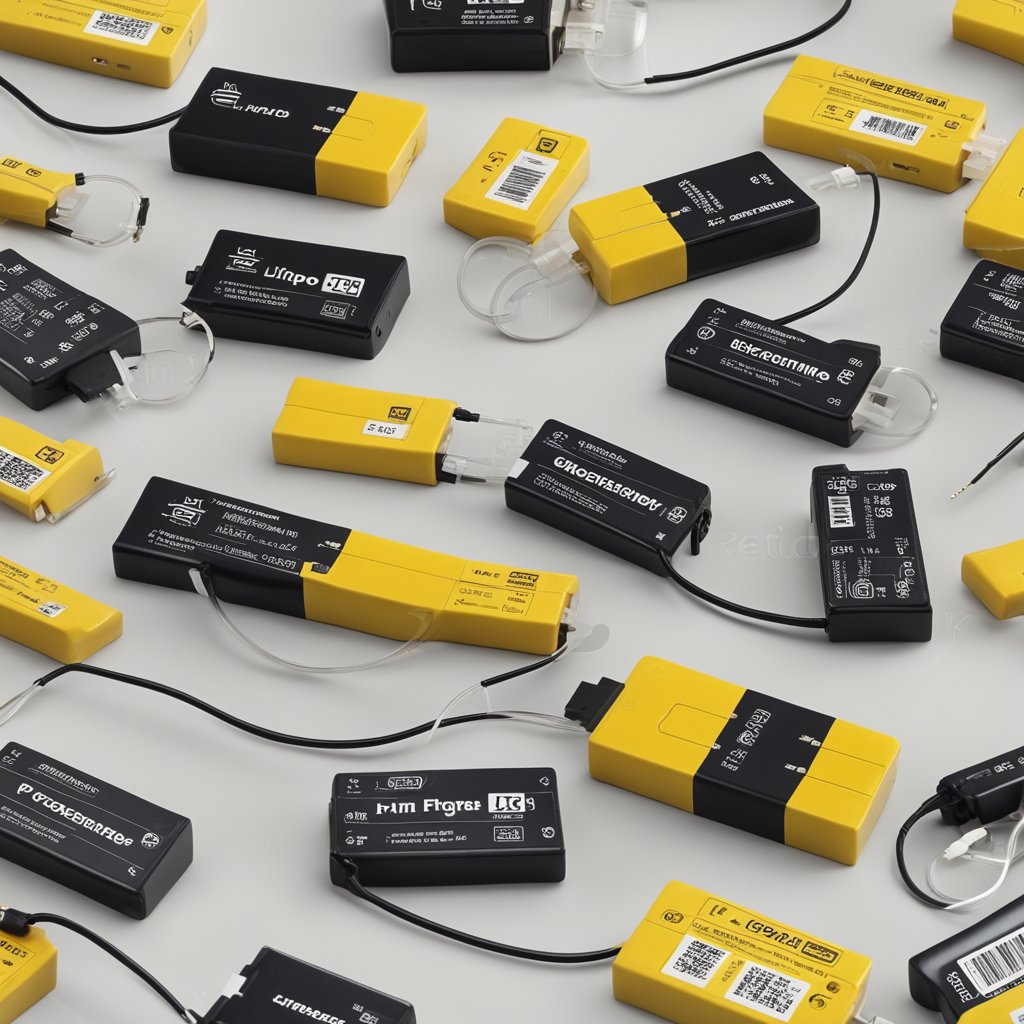The realm of battery technology is continually evolving, and one of the latest innovations making waves is the emergence of semi-solid-state batteries. These advanced power sources are poised to revolutionize various industries due to their exceptional efficiency and longevity. Understanding the advantages they offer is pivotal in comprehending their potential impact on our technological landscape.
Understanding the Core Advantages
Efficiency Factors
Power Density
One of the primary advantages of semi solid-state batteries lies in their impressive power density. Unlike conventional lithium-ion batteries, these newer variants pack more energy into a smaller space, making them ideal for devices requiring high power output in compact designs.
Fast Charging Capability
The rapid charging capabilities of semi-solid-state batteries set them apart in the realm of energy storage. Their ability to charge at astonishing speeds promises convenience in a world that demands swift and efficient power replenishment.
Longevity Factors
Cycle Life
A defining feature of these batteries is their extended cycle life. With the ability to endure a significantly higher number of charge-discharge cycles compared to traditional batteries, they prove to be a sustainable and cost-effective solution in the long run.
Enhanced Safety Features
Moreover, semi-solid-state batteries boast enhanced safety features, reducing the risks associated with overheating and potential combustion. This aspect significantly contributes to their appeal in industries prioritizing safety and reliability.
Comparative Analysis with Traditional Batteries
A comparative analysis against traditional batteries reveals the clear advantages that semi-solid-state batteries offer. Not only do they outperform in terms of efficiency and longevity, but they also showcase superior safety standards, making them a promising alternative in various applications.
Applications and Future Prospects
The applications of semi-solid-state batteries span across diverse sectors, including electric vehicles, portable electronics, and renewable energy systems. Their potential to transform these industries and pave the way for innovation signifies a bright future.
Challenges and Ongoing Developments
Despite their potential, challenges such as manufacturing scalability and cost remain pertinent. Ongoing developments aim to address these hurdles, propelling these batteries further into the mainstream market.
Environmental Impact and Sustainability
An aspect often overlooked in technological advancements is their environmental impact. Semi-solid-state batteries exhibit promising potential in contributing to a more sustainable future by reducing reliance on fossil fuels and minimizing carbon footprints.
Conclusion
In conclusion, the advantages presented by semi-solid-state batteries, particularly their efficiency and longevity, mark a significant leap forward in energy storage technology. Their potential applications across industries coupled with ongoing advancements solidify their position as a pivotal innovation in the realm of batteries.
FAQs:
-
Are semi-solid-state batteries commercially available?
- While still in the development phase, some companies are exploring commercial production, albeit on a limited scale.
-
Do these batteries pose any environmental risks?
- Compared to traditional batteries, semi-solid-state batteries offer improved safety features, minimizing environmental risks.
-
How do semi-solid-state batteries impact electric vehicles?
- They promise faster charging times and longer battery life, making them ideal for powering electric vehicles.
-
Are there any drawbacks to these batteries?
- Challenges in manufacturing scalability and initial costs are among the primary concerns.
-
What future advancements are expected in this technology?
- Ongoing research aims to address scalability issues and further enhance the efficiency of semi-solid-state batteries.





